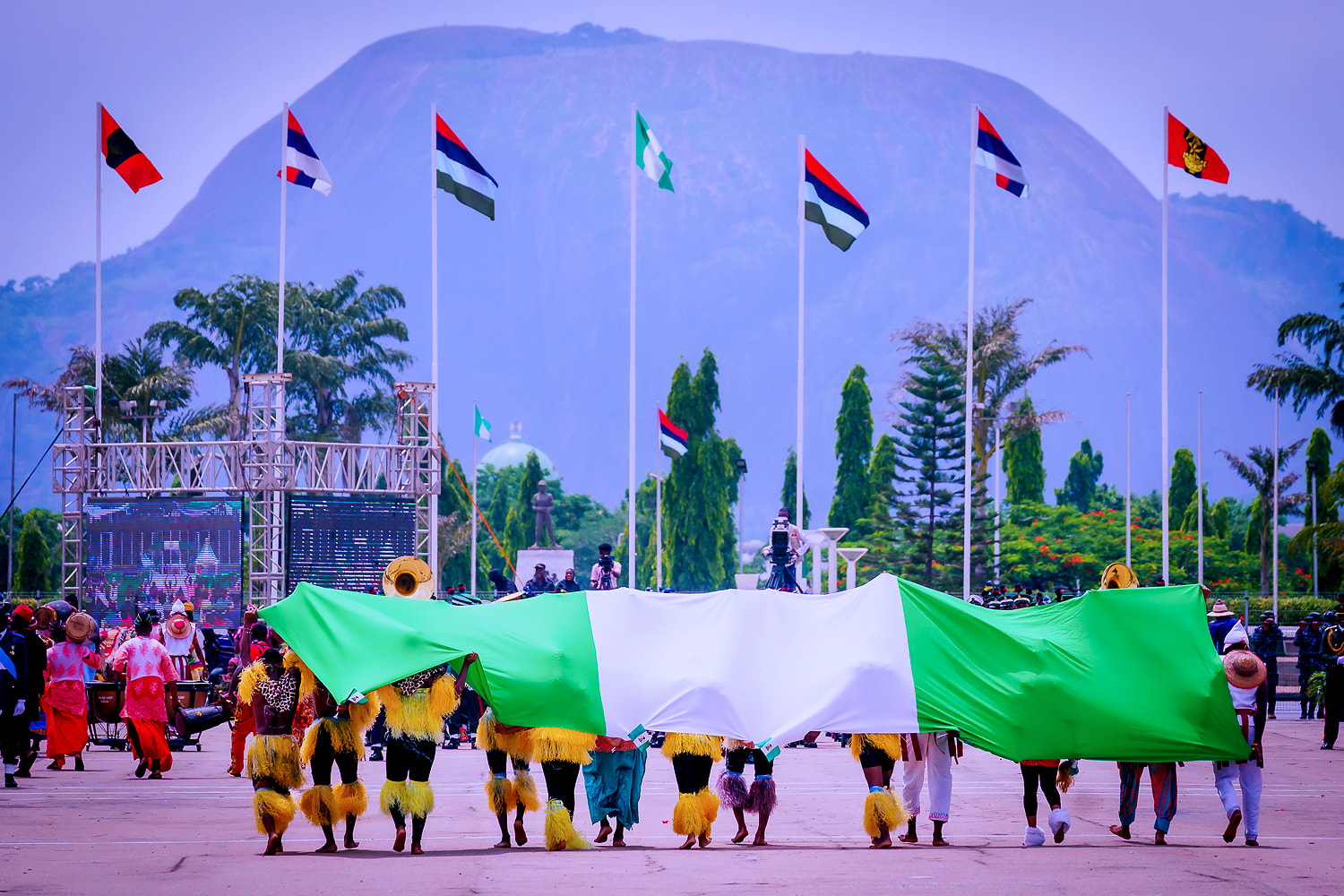In recent times, the defense of government appointments has leaned heavily on the argument of competence and merit, often at the expense of diversity and inclusivity. This trend reveals a deeper conflict—a clash of ideals between the pursuit of meritocracy and the principle of federal character. Many who advocate for competence as the sole criterion see themselves as morally superior, viewing those who call for inclusivity as tribal or sentimental. Yet this moral posturing ignores a crucial truth: Competence, when isolated, is not a neutral standard. It can be weaponised to mask favouritism, reinforce inequality, and undermine good governance.
The idea that competence exists in a vacuum is deeply flawed. When we hear of appointments justified solely on merit, it is often a clever disguise for nepotism. Human nature tends to favour the familiar—people we share community, culture, religion, or language with.
Leaders, consciously or not, gravitate toward those within their social circle. Thus, what is sold as merit is often proximity in disguise. A competent candidate from a different region or group may be overlooked simply because they are unfamiliar, distant, or lack the right connections.
Nigeria is not short of talent. Every region is teeming with competent individuals capable of national service. Yet, emphasising merit without inclusivity blinds us to this diversity of talent. Inclusivity is not a concession—it is a tool for national integration and talent discovery.
When appointments reflect the breadth of the nation, it dismantles the monopoly of opportunity and fosters a sense of belonging across the country.
Appointments are not merely administrative decisions—they are acts of empowerment. In a country like Nigeria, where government remains a key driver of socio-economic mobility, employment opportunities serve as a form of resource distribution. They signal visibility, participation, and access. Ignoring inclusivity in these decisions effectively alienates communities, erodes public trust, and deepens regional grievances.
It is also worth noting that leaders tend to be more accessible to those they share ties with—be it ethnic, religious, or regional. Inclusivity ensures that these ties are not concentrated in one group, thereby democratising access to power. It reduces the perception of government as an exclusive club and transforms it into a shared space for all.
Inclusive leadership is a hallmark of mature democracies. It promotes fairness, representation, and participation—core principles of governance. It defuses conspiracy theories, reduces polarisation, and builds public confidence in national institutions. Moreover, diversity in leadership fosters richer perspectives, better decision-making, and broader innovation.
People from different backgrounds bring different experiences, insights, and solutions. When leaders surround themselves with like minds under the guise of merit, they risk creating echo chambers that stifle creativity and breed arrogance.
Government presence in communities is often felt through appointments. These appointments can shape the distribution of projects, investments, and attention. Consider how the South-West enjoyed a surge in road projects under former Minister of Works, Babatunde Fashola, or how the Niger State witnessed federal attention during the tenure of former IGP Idris Kpotun. These are not coincidences—they reflect the human instinct to remember one’s roots when in power.
Perception matters just as much as performance. The choice of a running mate by President Tinubu sparked widespread backlash not necessarily because of incompetence, but because it was seen as an affront to inclusivity. The emotions triggered by perceived exclusion can erode legitimacy and breed resistance. No matter how competent a leader is, governance cannot succeed without goodwill, empathy, and public buy-in.
Competence alone cannot build bridges. Emotional intelligence, optics, and relational skills are just as critical. Leaders must not only perform; they must inspire, unify, and embody fairness. As Daniel Goleman argued, emotional intelligence is essential to leadership. Simon Sinek adds that leadership is about care, not control. Warren Bennis emphasized integrity and authenticity. These qualities are absent in a system that equates merit with technical skill alone.
Leaders who value diversity are better equipped to navigate complexity. Scott Page has shown that diverse groups outperform homogeneous ones in innovation and problem-solving. James MacGregor Burns noted that leadership is fundamentally about building trust and community. These insights reinforce the truth that effective leadership is not a solo performance but a symphony of voices.
When leaders surround themselves with those who mirror them, they limit their reach and impact. In contrast, leaders who intermarry across ethnic lines or build diverse alliances—such as former President Ibrahim Babangida, whose wife Maryam hailed from Delta—are able to transcend local loyalties and gain a national identity. Inclusivity humanizes leadership, creating room for empathy, dialogue, and genuine connection.
Proponents of strict meritocracy miss the point when they ignore soft skills, cultural fit, and lived experience. Studies have shown that diverse teams are more effective (Phillips, 2014; Sommers, 2006). Appointments must, therefore, consider the full human being—not just what they can do, but how they think, relate, and serve.
Finally, the argument that “everyone is doing it” to justify exclusion is both lazy and dangerous. Wrong does not become right by repetition. The true test of moral leadership is the ability to break the cycle of vengeance and favoritism. Nelson Mandela’s legacy rests not in retaliation but in reconciliation. True leaders rise above pettiness, not by echoing the sins of the past, but by forging a new path of fairness and national unity.
To build a better nation, we must move beyond the shallow waters of competence and dive into the deeper sea of holistic leadership. Appointments must reflect the nation’s diversity, carry emotional intelligence, and earn broad-based trust. Only then can we birth a leadership culture that is not just skilled—but wise, just, and unifying.
Bagudu Mohammed can be reached [email protected]










